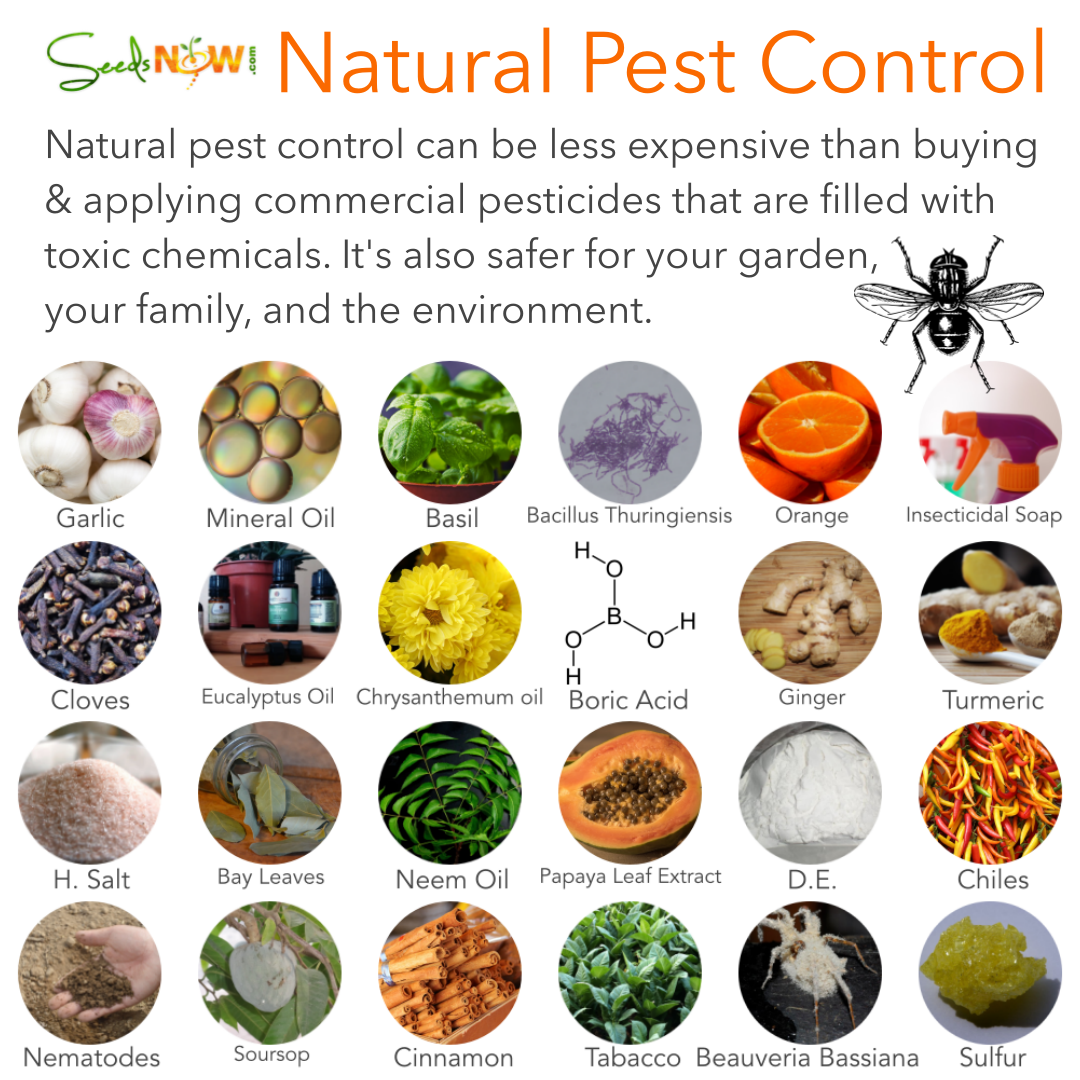Organic Pest Control for Container Gardening

Organic Pest Control for Container Gardening
Container gardening is a delightful way to grow your favorite plants in a small space. But let's face it, pests can be a real pain. Before you reach for the chemical spray, consider organic pest control methods for container gardening. It's not just about keeping your plants healthy; it's about creating a safe, eco-friendly environment.
Why Choose Organic Pest Control?
Organic pest control is like preventive medicine for your plants. It focuses on creating a healthy, sustainable garden ecosystem. By using organic insecticides and natural repellents, you're not just treating the symptoms (the pests), but you're addressing the root cause. Plus, it's safer for you, your family, and the environment.
Understanding Container Garden Pests
Before we dive into the solutions, let's understand the problem. Common container garden pests include aphids, whiteflies, spider mites, and scale insects. Each has its own preferences and life cycle. Understanding these can help you tailor your organic pest control methods.
Prevention: The First Line of Defense
Prevention is key in organic pest control. Start with healthy soil and high-quality seeds or seedlings. Keep your plants well-fed and watered, but be careful not to overwater, as this can attract pests. Regularly inspect your plants for signs of pests, and if you spot any, act quickly.
Organic Insecticides: Soap and Oil
Insecticidal soap and horticultural oil are two of the most effective organic insecticides. They work by smothering the pests or disrupting their cell membranes. You can make your own insecticidal soap by mixing a few teaspoons of liquid soap with water. For horticultural oil, you can use dormant oil or even vegetable oil mixed with water.
Natural Repellents: Herbs and Essential Oils
Many herbs and essential oils act as natural repellents. Plants like mint, rosemary, and lavender can deter pests. You can also make a spray using essential oils mixed with water. Some effective oils include peppermint, citronella, and tea tree oil.
Beneficial Insects: Nature's Helpers
Not all insects are pests. Some, like ladybugs, lacewings, and parasitic wasps, are predators that feed on garden pests. Attracting these beneficial insects to your container garden can help keep pest populations under control.
Companion Planting: A Helping Hand
Companion planting is a sustainable gardening practice that involves planting different crops together for mutual benefit. Some plants can repel pests, while others can attract beneficial insects. For example, marigolds can deter nematodes (microscopic worms), while dill and fennel attract ladybugs.
Physical Barriers: Keeping Pests Out
Physical barriers like row covers and netting can prevent pests from reaching your plants. This is especially useful for protecting young seedlings or vulnerable plants. Just remember to remove the barriers once the plants start to flower, so pollinators can reach them.
Traps and Lures: Catching Pests Off Guard
Sticky traps and pheromone lures can help control pests by trapping them or disrupting their mating cycles. These are particularly useful for managing flying insects like whiteflies and moths.
Rotating Crops: Keeping Pests Guessing
If you're growing vegetables in your container garden, consider rotating your crops. This can help prevent pests and diseases from building up in the soil. For example, don't plant tomatoes in the same container year after year.
Composting: Recycling Nutrients
Composting is a key part of sustainable gardening. It recycles nutrients, improves soil health, and can even help suppress pests and diseases. You can make your own compost using kitchen scraps and garden waste.
Diatomaceous Earth: A Natural Pesticide
Diatomaceous earth is a powder made from the fossilized remains of tiny aquatic organisms. It's a natural pesticide that works by physically damaging the pests. It's safe for humans and pets but deadly to insects.
Neem Oil: A Powerful Natural Insecticide
Neem oil is a powerful natural insecticide derived from the neem tree. It disrupts the life cycle of insects, preventing them from reproducing. It's effective against a wide range of pests, including aphids, whiteflies, and spider mites.
Bacillus Thuringiensis: A Natural Bacteria
Bacillus thuringiensis (Bt) is a naturally occurring bacteria that's toxic to certain insects, particularly caterpillars. It's safe for most other insects, including beneficial ones, and it's harmless to humans and pets.
Conclusion
Organic pest control for container gardening isn't just about treating pests; it's about creating a healthy, sustainable garden ecosystem. By using a combination of preventive measures, organic insecticides, natural repellents, and beneficial insects, you can keep your container garden thriving. Remember, it's a process, and it might take some trial and error. But with patience and persistence, you can have a beautiful, pest-free container garden. For more tips on organic gardening, check out www.organicgardening.com.
FAQs
Q: What is the best organic pesticide?
A: The best organic pesticide depends on the type of pest you're dealing with. Insecticidal soap and horticultural oil are effective against many soft-bodied insects, while neem oil and Bt are good for tougher pests.
Q: How can I attract beneficial insects to my garden?
A: You can attract beneficial insects by planting flowers that provide nectar and pollen, like dill, fennel, and yarrow. Also, avoid using broad-spectrum pesticides that can harm beneficial insects.
Q: Is it safe to use essential oils as pesticides?
A: Yes, many essential oils are safe to use as pesticides. However, they should be diluted with water and tested on a small area of the plant first to ensure they don't cause damage.
Q: Can I use dish soap as an insecticidal soap?
A: Yes, you can use dish soap to make insecticidal soap. Just make sure it's a mild, pure soap without additives like fragrances or degreasers, which can harm plants.
Q: How often should I rotate my crops?
A: It's a good idea to rotate your crops every growing season. This means not planting the same type of plant in the same container year after year. This can help prevent pests and diseases from building up in the soil.
0 Response to " Organic Pest Control for Container Gardening"
Post a Comment